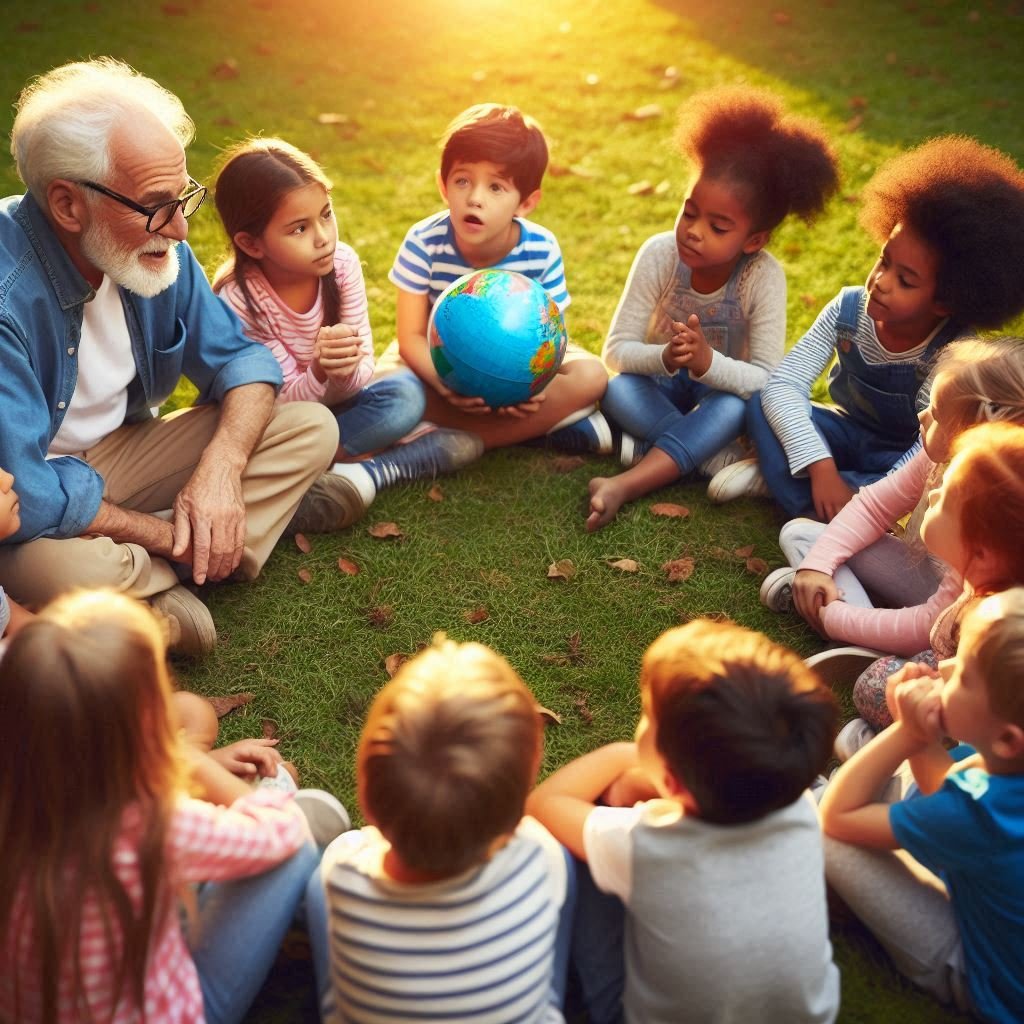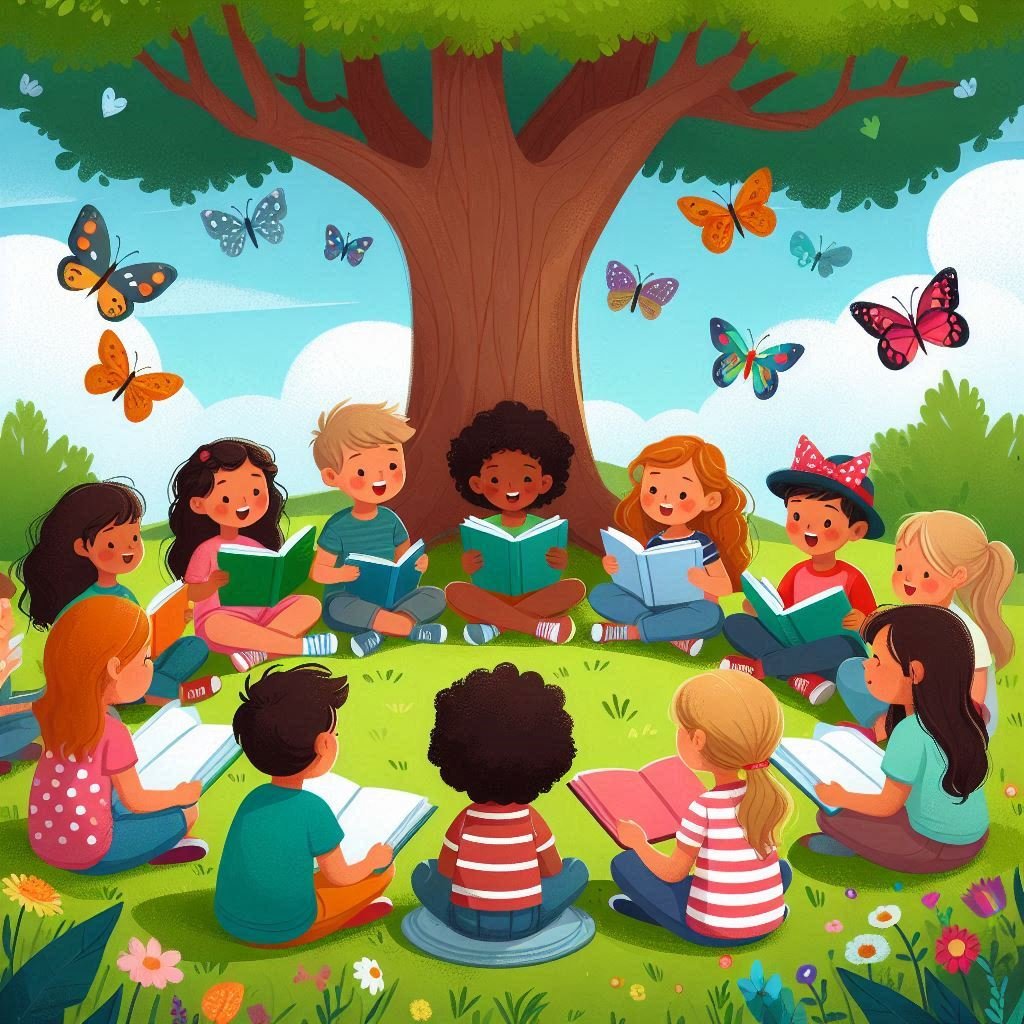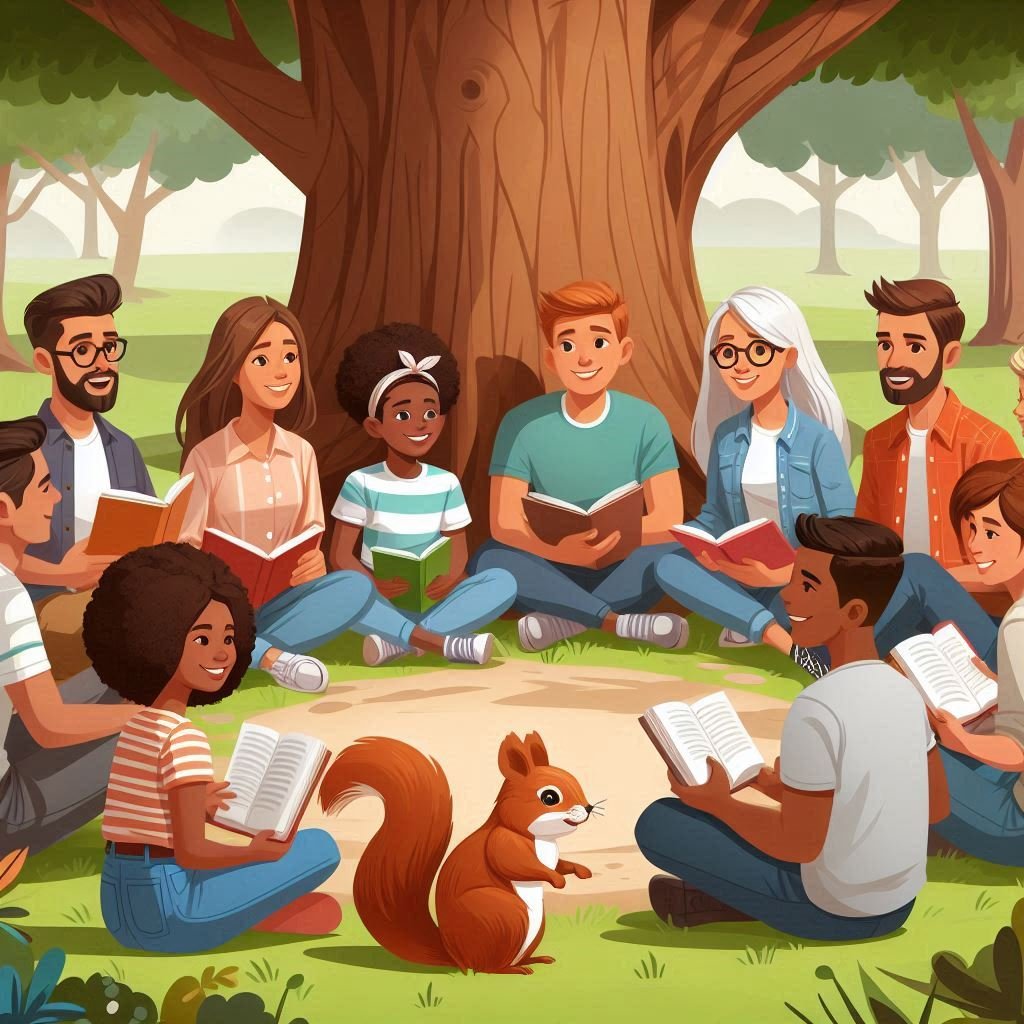Education is a process of facilitating learning, acquiring knowledge, skills, values, beliefs, and habits. It involves a variety of methods, such as teaching, training, storytelling, discussion, and directed research. Education is commonly divided into stages such as preschool, primary school, secondary school, and then college, university, or apprenticeship.
Key Aspects of Education:
- Formal Education:
- Structured and systematic form of learning.
- Takes place in educational institutions like schools, colleges, and universities.
- Follows a set curriculum and is usually led by professional teachers.
- Leads to formal certification or qualifications.
- Informal Education:
- Learning that occurs outside of a formal school setting.
- Can happen through everyday experiences, such as at home, work, or through hobbies.
- Includes self-directed learning, mentorship, and community-based learning.
- Non-formal Education:
- Organized educational activities outside the established formal system.
- Can include adult education, community education, and workplace training.
- Often more flexible in terms of curriculum and delivery methods.
- Lifelong Learning:
- Continuous, self-motivated pursuit of knowledge for personal or professional reasons.
- Recognizes that learning is not confined to childhood or the classroom but takes place throughout life.
Goals of Education:
- Personal Development: Enhances an individual’s intellectual, emotional, and social development.
- Social and Cultural Transmission: Passes cultural norms and values from one generation to the next.
- Economic Development: Prepares individuals for employment and contributes to the economic growth of a society.
- Civic Engagement: Educates individuals to become informed and active citizens.
Methods of Education:
- Teacher-Centered Methods: Traditional approach where the teacher directs the learning process.
- Student-Centered Methods: Focus on the needs, abilities, and learning styles of students.
- Experiential Learning: Learning through reflection on doing, which is often hands-on.
- E-Learning: Using electronic media and information technologies in education.
Education is essential for personal growth and development and is a key factor in achieving economic and social progress.
The Importance of Education
Education shapes our minds and opens doors. It helps us grow personally and professionally. But remember, education isn’t one-size-fits-all. It comes in many forms, and each has its own value. Understanding these forms can help you make the best choices for your learning journey.
Formal Education: The Foundation
Preschool
Preschool is where it all begins. It’s the first step in formal education. Here, children learn basic skills like counting and the alphabet. They also develop social skills by interacting with peers. Preschool sets the foundation for future learning.

Primary School
Primary school builds on the foundation laid in preschool. Children learn reading, writing, math, and science. They also start to explore subjects like history and geography. Primary school is crucial for developing critical thinking and problem-solving skills.
Secondary School
Secondary school is a time of discovery. Students delve deeper into subjects they started in primary school. They also have the chance to choose electives based on their interests. This is when they start thinking about future careers and higher education.
Higher Education
Higher education includes colleges and universities. It’s where students specialize in a field of study. Whether it’s a bachelor’s degree, master’s degree, or a doctorate, higher education opens doors to advanced knowledge and career opportunities.
Benefits of Formal Education
- Structured Learning: Follows a set curriculum.
- Qualified Instructors: Taught by trained professionals.
- Recognized Qualifications: Leads to diplomas and degrees.
- Social Development: Provides opportunities to interact with peers.

Informal Education: Learning Beyond the Classroom
Informal education happens outside the traditional classroom. It’s self-directed and often spontaneous. Here are some examples:
Self-Directed Learning
This is when you take control of your own learning. It could be reading books, watching educational videos, or exploring topics online. The key is curiosity and the desire to learn.
Learning from Experiences
Everyday experiences teach us valuable lessons. Whether it’s traveling, volunteering, or working, we gain knowledge and skills that aren’t taught in school. These experiences shape our understanding of the world.
Mentorship
A mentor is someone who guides you based on their own experiences. They provide advice, share knowledge, and help you navigate challenges. Mentorship is a powerful form of informal education.
Benefits of Informal Education
- Flexibility: Learn at your own pace.
- Personalized Learning: Focus on what interests you.
- Real-World Skills: Gain practical knowledge.
- Lifelong Learning: Continues throughout your life.

Non-Formal Education: Bridging the Gap
Non-formal education falls between formal and informal education. It’s structured but doesn’t lead to formal qualifications. Here are some examples:
Community Education
Community centers often offer classes on various topics. These can include art, music, cooking, and fitness. It’s a great way to learn new skills and meet people in your community.
Online Courses
The internet has made learning accessible to everyone. Websites like Coursera, Udemy, and Khan Academy offer courses on countless subjects. You can learn anything from coding to photography.
Workshops and Seminars
Workshops and seminars are short-term learning experiences. They focus on specific topics and are often hands-on. These can be very effective for acquiring new skills quickly.
Benefits of Non-Formal Education
- Accessibility: Available to everyone.
- Cost-Effective: Often less expensive than formal education.
- Skill Development: Focuses on practical skills.
- Flexibility: Can fit into your schedule.
Lifelong Learning: The Journey Never Ends
Lifelong learning is the continuous pursuit of knowledge. It’s about staying curious and open-minded throughout your life. Here are some ways to embrace lifelong learning:
Stay Curious
Always ask questions and seek answers. Curiosity is the driving force behind learning.
Read Regularly
Reading is one of the best ways to learn. It broadens your horizons and deepens your understanding.
Take Up Hobbies
Hobbies are a great way to learn new skills. Whether it’s gardening, painting, or playing an instrument, hobbies keep your mind active.
Network
Connect with others who share your interests. Networking provides opportunities to learn from different perspectives.

Resources for Every Stage of Education
For Children
- PBS Kids: Educational games and videos.
- Khan Academy Kids: Free educational app for young learners.
https://learn.khanacademy.org/khan-academy-kids
For Teenagers
- Coursera for Teens: Online courses on various subjects.
- FutureLearn: Free and paid courses on many topics.
For Adults
- LinkedIn Learning: Professional development courses.
- edX: Courses from top universities.
For Lifelong Learners
Tips for Effective Learning
- Set Goals: Define what you want to achieve.
- Create a Schedule: Allocate time for learning.
- Stay Organized: Keep track of your progress.
- Take Breaks: Rest is important for effective learning.
- Seek Feedback: Learn from others to improve.
Conclusion
Education is a powerful tool. It unlocks doors to new opportunities and helps you reach your potential. Whether it’s formal, informal, or non-formal, each type of education has its own value. Embrace every opportunity to learn and grow. Remember, the journey of education never truly ends. Keep exploring, stay curious, and unlock your full potential.
